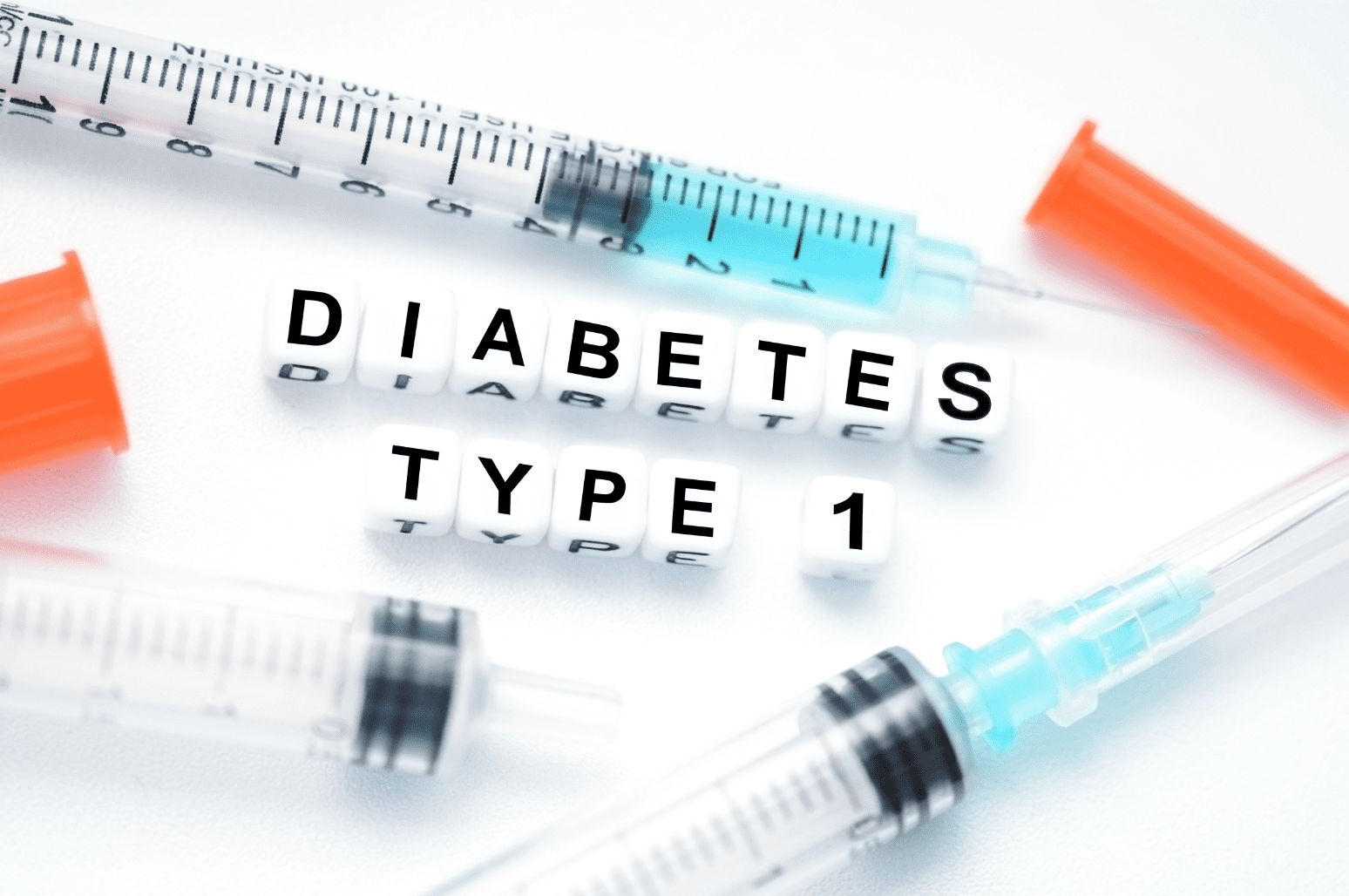
Key Takeaways About BHB
- BHB is short for beta-hydroxybutyrate/β-hydroxybutyrate/3-hydroxybutyrate (conjugate base forms), or beta-hydroxybutyric acid/β-hydroxybutyric acid/3-hydroxybutyric acid (protonated acid forms)
- BHB is the main ketone body produced by the liver in a ketogenic state when carbohydrate sources are restricted or stores are exhausted.
- BHB enters mitochondria of cells where it is metabolized to products that enter the Krebs cycle and produce ATP, the simplest energy currency for local cellular processes.
- BHB can surpass compromised mitochondrial metabolic pathways for glucose, providing an effective alternative energy source in the central nervous system that prevents neurodegeneration.
- Exogenous ketones are usually offered in the form of BHB salts that can be taken to elevate BHB ketone levels and supply immediate energy.
Do not be put off by this scientific word, we are going to break beta-hydroxybutyrate (known as BHB) and see how this molecule functions within the scope of a ketogenic diet.
What Is Beta-Hydroxybutyrate (BHB)?
This molecule is one of the three ketone bodies (along with acetoacetate and acetone) produced in the absence of glucose within the body for use as energy. Scientifically speaking, BHB is not a ketone body due to its lack of a standard ketone group; however, for all intents and purposes, BHB is considered a ketone body within the scope of a ketogenic diet.

When supplies of glucose are absent or exhausted, BHB is synthesized in the liver from long- and short-chain fatty acids after they are liberated from fat tissue in a process called lipolysis (lipid/fat and lysis/breaking). This was a mechanism that evolved to aid in survival when food scarcity was prevalent and/or time between feedings was extended.
As BHB travels around the body in the bloodstream, it serves as a very efficient source of energy. It does this by traveling across the cell membrane and into the cell’s mitochondria, where useable cellular energy called ATP (adenosine triphosphate) is created. Once in the mitochondria, BHB is turned into acetoacetate, which is then turned into acetone and acetyl-CoA. Acetyl-CoA is then put into the Krebs cycle, which generates ATP. In short, the by-product of BHB metabolism within the cell is an energy currency known as ATP.
A positive characteristic of BHB that allows it to easily cross cell membranes is that it is hydrophilic, meaning that it favors water and can move freely within it as a medium. This makes BHB highly and readily usable, especially in tissues that are difficult to access. For example, when conditions of neurodegeneration exist in the brain, insulin resistance has been proven to be a grave problem that effectively reduces glucose uptake by brain cells. [1] BHB shows promise in this capacity because it can cross the blood–brain barrier to supply energy for the brain cells, thereby prolonging functionality and delaying the onset of neurodegeneration.
Endogenous Vs. Exogenous BHB
Endogenous BHB (BHB made within the body) is produced during times of carbohydrate restriction or absence. An increasingly popular topic within nutrition science is exogenous (ingested, dietary) ketones. Exogenous ketones are usually offered as BHB attached to a sodium molecule to form a salt, which is soluble within the body, yielding a sudden influx of pure and highly concentrated BHB. These exogenous ketones are under research for their applications in performance, health, and fighting disease. If you are eating a standard or targeted ketogenic diet, training effectively, feeling well, and maintaining a strong ketogenic state, then keep with that regimen. If you are struggling to lose weight, failing to reach performance targets, feel less than optimal, or having difficulty entering or maintaining ketosis, exogenous ketones may be a supplement worth further investigation.
BHB is fascinating and a fantastic area of research and application when it comes to the ketogenic diet and ketosis. Look forward to reading future articles on the benefits of BHB ketones, testing for endogenous levels of BHB in the blood or exogenous levels after supplementation, and much more!
References
de la Monte, S. M., Longato, L., Tong, M., & Wands, J. R. (2009). Insulin resistance and neurodegeneration: roles of obesity, type 2 diabetes mellitus and non-alcoholic steatohepatitis. Current opinion in investigational drugs (London, England: 2000), 10(10), 1049.









